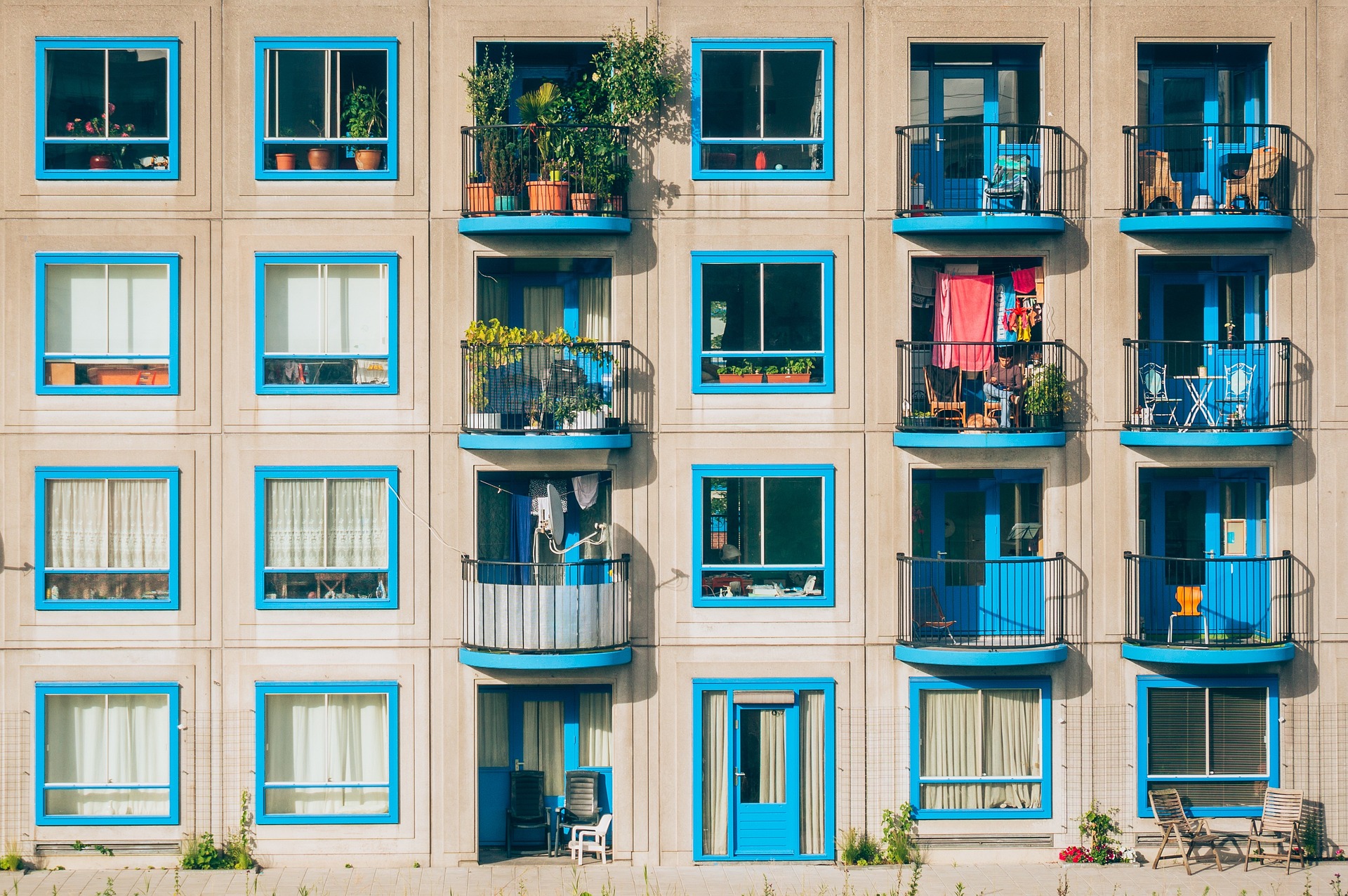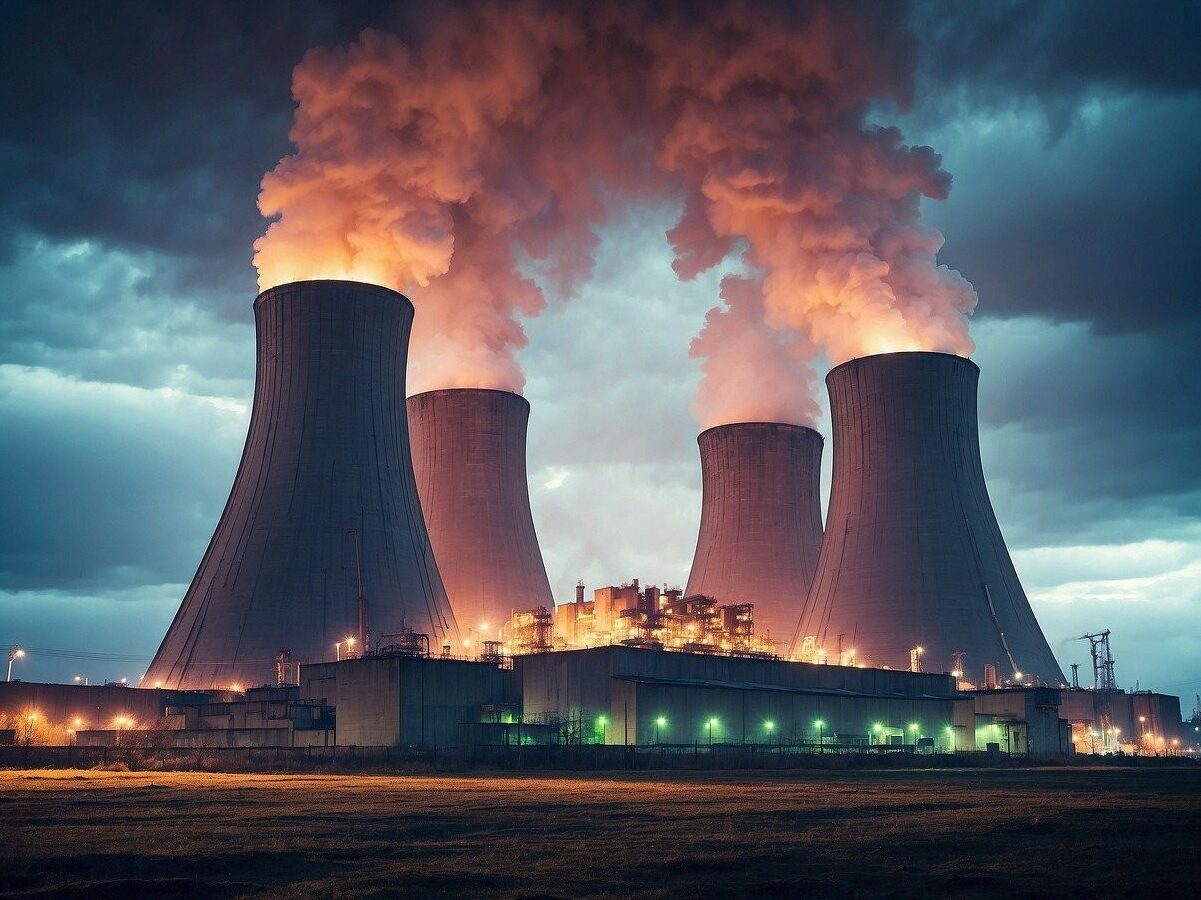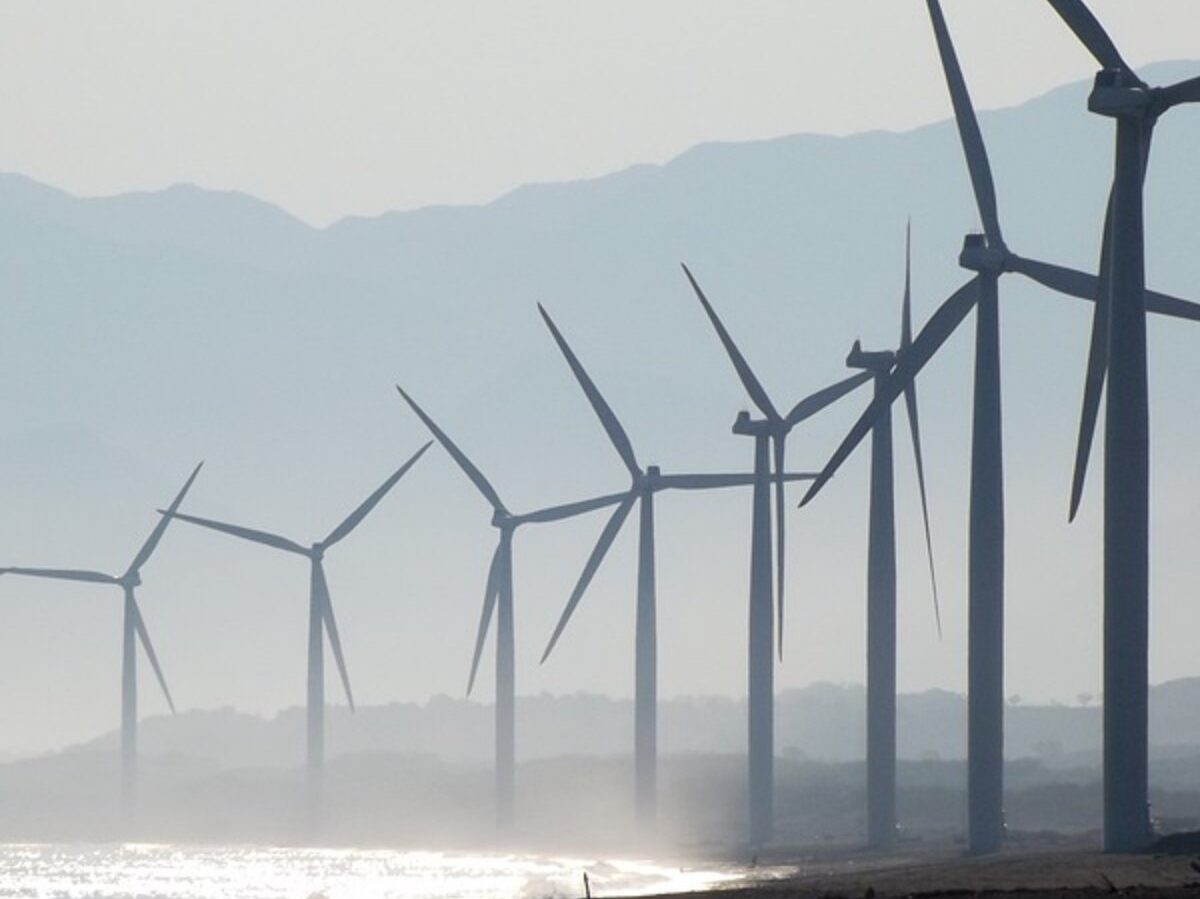Comprehensive Guide to Reduce Electricity Consumption at Home
As energy costs continue to rise, homeowners are increasingly looking for ways to reduce electricity consumption. Lowering energy usage not only saves money but also contributes to a more sustainable lifestyle by reducing your carbon footprint. For those living in villas or larger homes, managing energy consumption can be particularly challenging due to the size and number of energy-consuming appliances typically found in these residences.
This comprehensive guide will provide practical tips and strategies to help you reduce electricity consumption in a home, from simple behavioral changes to investing in energy-efficient technologies.
Understanding Your Electricity Consumption
Before you can effectively reduce electricity consumption, it’s essential to understand how energy is being consumed in your home. Start by reviewing your electricity bills to identify patterns and determine which appliances or activities are contributing the most to your consumption.
Key areas to focus on include:
- Heating and Cooling: In many homes, heating and cooling systems are the largest energy consumers. This includes space heating, air conditioning, and water heating.
- Lighting: Lighting can account for a significant portion of your electricity bill, especially if you’re using older, inefficient bulbs.
- Appliances and Electronics: Household appliances like refrigerators, washing machines, and televisions, along with smaller electronics, can add up to substantial energy use.
- Standby Power: Many devices continue to draw power even when they’re turned off, a phenomenon known as “phantom load” or standby power.

Practical Tips to Reduce Electricity Consumption
Optimize Heating and Cooling Systems
Heating and cooling are among the biggest contributors to high electricity bills, especially in larger homes. Optimizing these systems can lead to significant energy savings.
- Thermostat Settings: Adjust your thermostat to energy-saving settings. During winter, set your thermostat to 18-20°C when you’re home and lower it to 16-18°C at night or when you’re away. In the summer, aim for 24-26°C.
- Programmable Thermostat: Consider installing a programmable or smart thermostat that automatically adjusts the temperature based on your schedule, ensuring your home is only heated or cooled when necessary.
- Insulation: Ensure your home is well-insulated. Proper insulation in the walls, attic, and floors helps maintain a consistent temperature, reducing the need for constant heating or cooling.
- Regular Maintenance: Have your HVAC system serviced regularly to ensure it’s running efficiently. Replace or clean filters every 1-3 months to maintain airflow and reduce strain on the system.
- Ceiling Fans: Use ceiling fans to circulate air, which can make a room feel cooler in the summer and help distribute warm air in the winter.
Upgrade to Energy-Efficient Lighting
Lighting is another area where significant savings can be made by switching to more energy-efficient options.
- LED Bulbs: Replace traditional incandescent or halogen bulbs with LED bulbs, which use up to 80% less energy and last much longer.
- Use Natural Light: Take advantage of natural light during the day by keeping blinds or curtains open. This reduces the need for artificial lighting.
- Motion Sensors: Install motion sensors or timers in less frequently used areas like hallways, closets, and outdoor spaces to ensure lights are only on when needed.
- Dimmer Switches: Use dimmer switches to adjust the brightness of your lights based on your needs, to reduce electricity consumption.
Invest in Energy-Efficient Appliances
Household appliances are another major issue when trying to reduce electricity consumption. Investing in energy-efficient appliances can lead to substantial long-term savings.
- Energy Star Appliances: When purchasing new appliances, look for the Energy Star label, which indicates that the product meets energy efficiency guidelines set by the U.S. Environmental Protection Agency. Energy Star appliances typically use 10-50% less energy than their non-certified counterparts. Energy labels can vary in different countries.
- Efficient Washing: Use cold water for washing clothes whenever possible, as heating water accounts for a significant portion of the energy used by washing machines. Also, consider air-drying clothes instead of using a dryer.
- Refrigerator Management: Keep your refrigerator and freezer at optimal temperatures (about 3-4°C for the fridge and -18°C for the freezer). Make sure the door seals are tight, and avoid overfilling the fridge to ensure proper air circulation.
- Smart Power Strips: Use smart power strips to reduce standby power consumption. These strips automatically cut power to devices that are not in use, eliminating phantom loads.
Optimize Water Heating
Water heating is another significant energy expense, particularly in homes with large families or those who use a lot of hot water.
- Lower Water Heater Temperature: Set your water heater to 50°C to save energy while still providing sufficiently hot water for most household needs.
- Insulate Water Heater and Pipes: Insulating your water heater and the first few feet of hot water pipes can reduce heat loss and improve efficiency.
- Consider Tankless Water Heaters: Tankless water heaters, which heat water on demand, can be more energy-efficient than traditional storage water heaters, especially in homes with lower hot water usage.
Embrace Renewable Energy Solutions
One of the most effective ways to reduce electricity consumption from the grid is to invest in renewable energy solutions, such as solar power.
- Solar Panels: Installing solar panels on your roof can significantly reduce electricity consumption by generating your own power. While the initial investment can be high, solar panels typically pay for themselves over time through reduced energy bills and potential government incentives.
- Solar Water Heaters: In addition to solar panels, consider installing a solar water heating system. These systems use solar energy to heat water, further reducing your dependence on grid electricity.
- Energy Storage: Pairing your solar panels with a home battery storage system allows you to store excess energy generated during the day for use at night or during periods of low sunlight, maximizing your energy independence.
Adopt Energy-Saving Habits
One of the most effective ways to reduce electricity consumption from the grid is to invest in renewable energy solutions, such as solar power.
- Unplug Devices: Unplug chargers, electronics, and small appliances when they’re not in use to prevent them from drawing standby power.
- Efficient Cooking: Use a microwave, toaster oven, or slow cooker instead of a conventional oven for smaller meals, as these appliances typically use less energy.
- Shorten Showers: Reducing your shower time by just a few minutes can lead to significant savings in both water and energy used for heating.
- Use Appliances During Off-Peak Hours: If your utility company offers time-of-use pricing, try to use high-energy appliances like washing machines and dishwashers during off-peak hours when electricity rates are lower.
Monitoring and Tracking Your Energy Usage
To maintain your energy-saving efforts, it’s important to regularly monitor and track your energy use to reduce electricity consumption. Many utility companies offer online tools or apps that allow you to see your energy usage in real-time. Additionally, installing a home energy monitoring system can provide detailed insights into which appliances and systems are using the most energy, helping you identify areas for further improvement.
The Financial Benefits of Reducing Electricity Consumption
Being able to reduce electricity consumption in your home has immediate financial benefits in the form of reduced energy bills. Over time, the savings from reduced electricity consumption can add up to a significant amount, especially when combined with investments in energy-efficient appliances and renewable energy systems.
Moreover, homes with lower energy consumption and renewable energy systems often have higher resale values, making energy efficiency a wise investment for the future when trying to reduce electricity consumption.
Summary
To reduce electricity consumption in your home is not only achievable but also beneficial for both your wallet and the environment. By understanding your energy usage, making strategic upgrades, and adopting energy-saving habits, you can significantly lower your electricity bills and contribute to a more sustainable future.
Investing in energy efficiency and renewable energy solutions will not only provide immediate financial savings but also increase the long-term value of your home. Whether you’re just starting to explore ways to reduce electricity consumption or looking to take your efforts to the next level, the tips and strategies outlined in this guide can help you achieve your energy-saving goals and enjoy the benefits of a more energy-efficient home.
If you found this post insightful, make sure to explore our other articles: “Achieving Energy Independence With Solar Power“, “Understanding Solar Panel Efficiency“, “The Essential Guide to Solar Batteries“
Learn more: Office of Energy Efficiency & Renewable Energy


